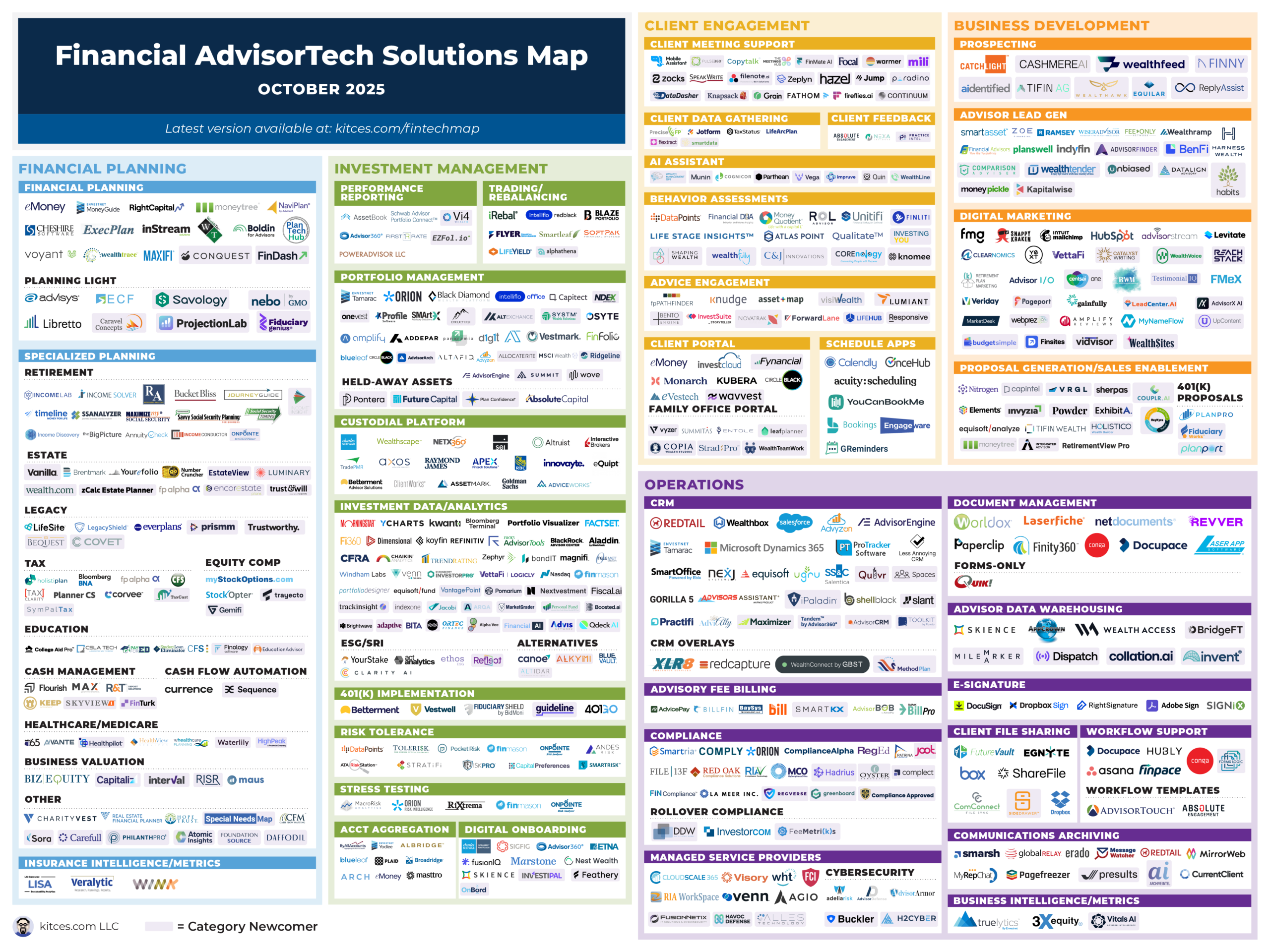Climate risk has emerged as one of the most formidable challenges of our time, affecting economies, financial systems, and societies at large. From rare catastrophic physical events to sudden shifts in policy and consumer behavior, the uncertainties inherent in climate risk make it incredibly difficult to model accurately.
In this post, I explore the complexities of modeling climate risk, focusing on both physical risks and transition risks that arise from societal and political changes. Moreover, I consider the implications for financial risk management and economic resource allocation.
Regime Change and the Data Problem
At the heart of physical climate risk modeling is the challenge of dealing with a rapidly changing climate regime. Historically, risk models have relied on extensive datasets that describe past events. However, with climate change, the evidence of future risk events is not yet present in the historical record.
In addition, modeling the “left tail” of the probability distribution: the region that represents rare but catastrophic losses, is challenging even without assuming any regime change. By definition, extreme events are underrepresented in historical data, yet they are precisely the outcomes that could have devastating consequences.
For example, flood defenses, urban planning, and agricultural investments might be based on historical climate patterns. However, as climate change alters weather patterns and increases the frequency and severity of extreme events, historical data becomes an unreliable guide for future risk.
Without accurate data for these new regimes, the models may underestimate the likelihood and impact of such events, leaving communities and financial institutions exposed to unforeseen shocks.
The Butterfly Effect
The inherent difficulty in modeling climate risk is further exacerbated by what meteorologist Edward Lorenz famously termed the “butterfly effect.” This phenomenon highlights the extreme sensitivity of complex systems — like the Earth’s climate — to initial conditions. A minute error in input data can result in drastically different outputs. For instance, small discrepancies in temperature, humidity, or wind speed inputs can lead to entirely divergent climate projections when extended decades into the future.
In practical terms, climate models that forecast weather or climate trends for 2030 or 2040 must contend with a high degree of uncertainty. The chaotic nature of the climate system means that even state-of-the-art models, when fed slightly imperfect data, can yield unreliable predictions.
This “chaos” propagates into financial risk management, where the outputs of climate models serve as inputs to financial models. As a result, uncertainties compound, potentially rendering the final predictions for physical risk worthless.
The Complexity of Transition Risk
While physical risks stem from direct impacts like extreme weather, transition risk refers to the economic and financial repercussions of the shift towards a low-carbon economy. This includes a variety of factors: political restrictions on emissions, shifts in consumer demand, technological changes, and even geopolitical tensions.
Transition risk is characterized by a high degree of uncertainty, often driven by so called “unknown unknowns:” unforeseen events for which we have no historical experience. In other words, we don’t even realize we should be considering these risks when modelling or making decisions.
For example, consider policies aimed at curbing carbon emissions. While well-intentioned, these policies can disrupt industries that rely heavily on fossil fuels. Companies in these sectors might see sudden drops in stock value, and regions dependent on these industries may experience economic downturns.
Moreover, consumer preferences are rapidly evolving, and market forces may accelerate or decelerate the pace of transition in unpredictable ways. All these second- and third-order effects might not be obvious at the policy inception date.
Financial risk management traditionally relies on statistical models that work well under conditions of relative stability. However, when faced with transition risk, these models struggle because the future does not resemble the past. The events that drive transition risk are often unprecedented, and their effects can be both systemic and nonlinear.
In the realm of transition risk, the advice of risk management thinkers like Nassim Nicholas Taleb becomes particularly relevant. Taleb, known for his work on “black swan” events, argues that when facing unknown unknowns, it is more prudent to adopt strategies that account for extreme uncertainty.
His approach suggests that instead of trying to predict every possible outcome with precision, risk managers should focus on building resilient systems that can absorb shocks. This involves:
Diversification: Avoiding overconcentration in any single asset or sector.
Redundancy: Building in extra capacity or safety margins to handle unforeseen events.
Flexibility: Designing policies and financial instruments that can adapt to changing circumstances.
Stress Testing: Regularly simulating extreme scenarios to evaluate how systems respond under duress.
Adopting these strategies can help mitigate the impact of transition risk, even when the underlying drivers are difficult to predict.
The relevance of this approach has been highlighted in the recent wildfires in California. While the general trend toward more wildfires might have been predictable from a statistical standpoint given the increased temperatures, drought conditions, and rain patterns, the timing, location and severity of the event were not.
As risk managers, it is the severity of the event what we want to predict, not just the occurrence of a wildfire. That’s why financial institutions need to incorporate climate risk into their risk management frameworks, although the compounded uncertainties pose significant challenges, leading to potential mispricing of risk and misallocation of capital.

What Next?
The data scarcity problem and prediction problem might be solved up to a point. One promising avenue to improve climate risk modeling is the integration of multidisciplinary insights. Advances in data science, machine learning, and complexity theory offer tools that may enhance the predictive capabilities of traditional climate and financial models.
For example, ensemble modeling, where multiple models are run in parallel to provide a range of outcomes, can help capture the uncertainty inherent in each individual model.
Moreover, incorporating real-time data from sensors, satellites, and IoT devices can provide more granular inputs, potentially reducing some of the errors that lead to divergent outcomes in climate modeling. These technological advances, however, must be integrated with a keen awareness of their limitations.
As the models become more complex, so too does the potential for cascading errors if the initial conditions are not accurately captured.
Policymakers and regulators are also grappling with the implications of climate risk for financial stability. There is a growing consensus that stress tests and scenario analyses should incorporate climate-related risks, not just traditional financial risks.
The European Central Bank (ECB) and the US Federal Reserve, for instance, have initiated studies to assess the resilience of the financial system against climate shocks.
These regulatory efforts underscore the importance of a holistic approach to risk management, one that integrates climate science, financial modeling, and policy analysis. As climate risk becomes increasingly central to global economic stability, collaboration between these disciplines will be essential to safeguard against both physical and transition risks.
Key Takeaway
Modeling climate risk remains one of the most challenging endeavors in risk management today. The difficulties in predicting physical risks stem from a lack of accurate data for a world undergoing rapid regime change and the unpredictable nature of the butterfly effect. Transition risk compounds these challenges by introducing layers of socio-political and economic uncertainty, where unknown unknowns abound.
As financial institutions and policymakers seek to mitigate these risks, integrating multidisciplinary insights and embracing new technologies offer hope for improving the predictive power of our models, but a cautious and robust approach to risk management remains paramount.


























